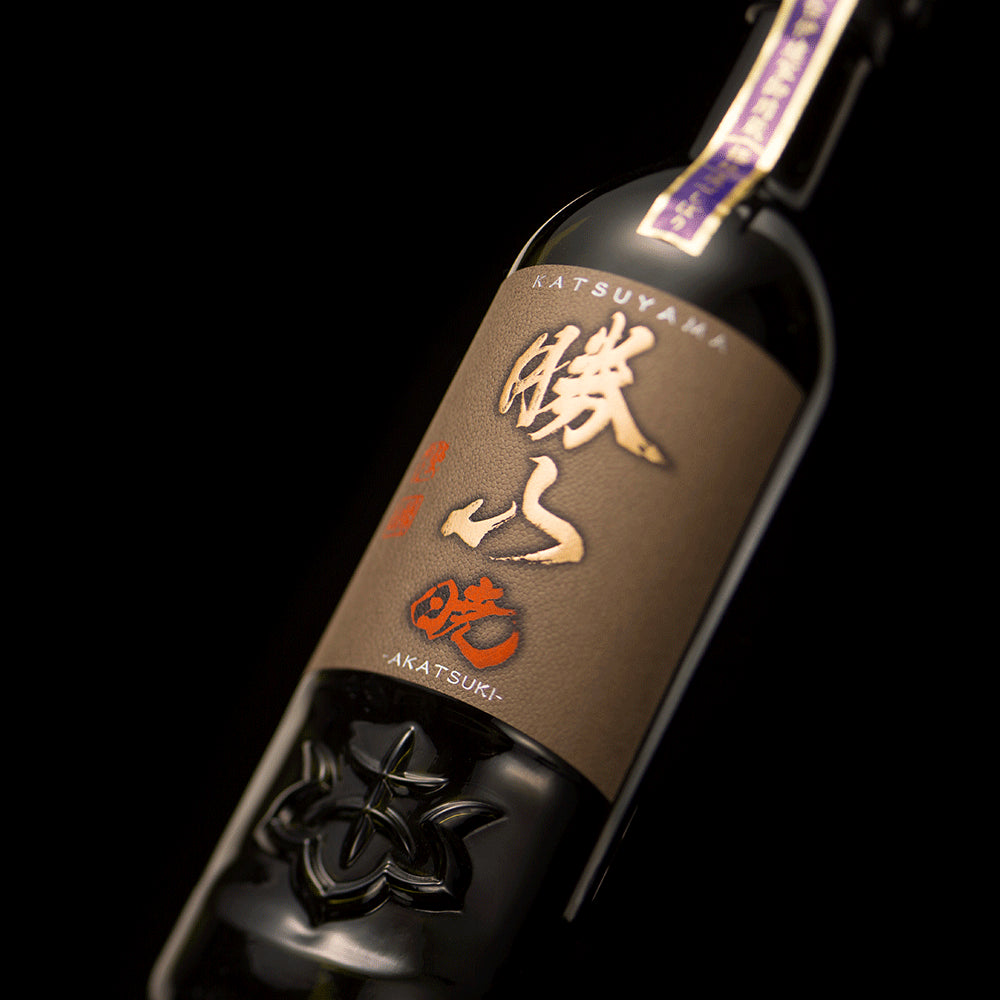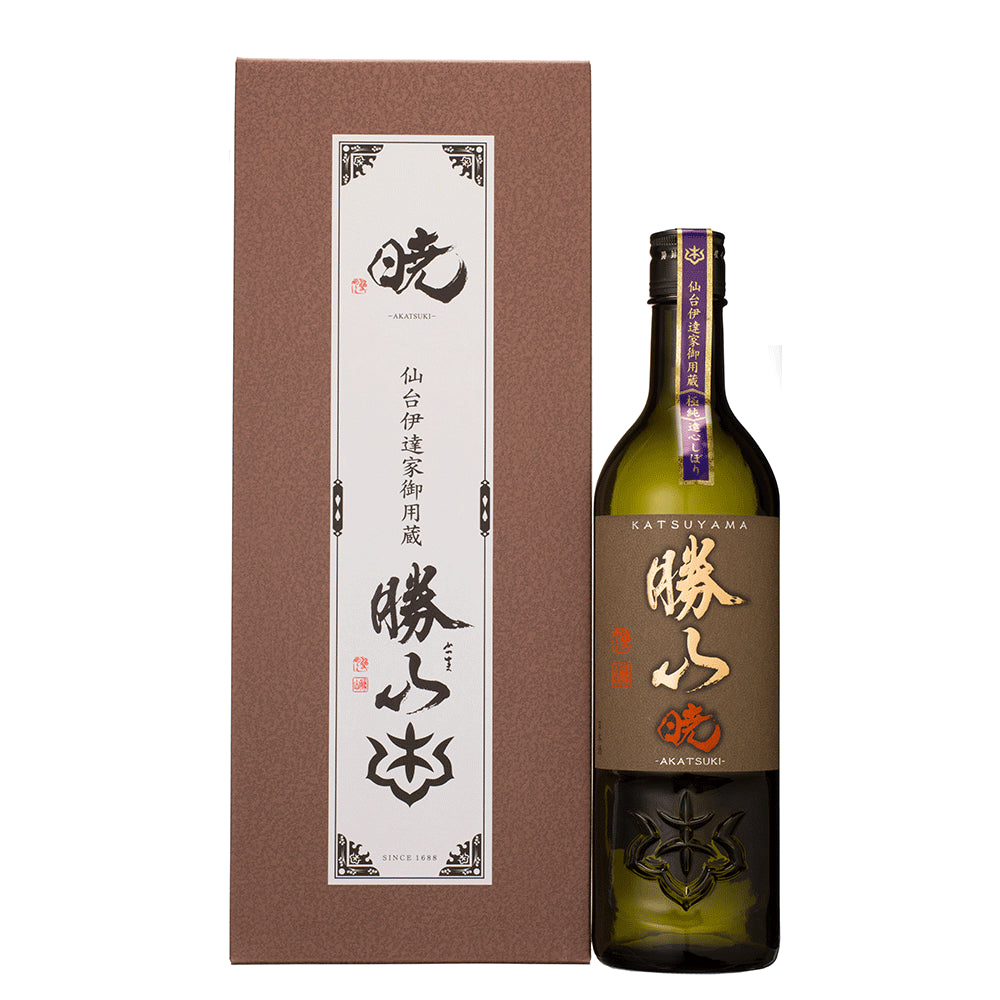-
 >
>
- Product list >
- Katsuyama Akatsuki Junmai-daiginjo undiluted (720ml)
Katsuyama Akatsuki Junmai-daiginjo undiluted (720ml)
詳しく見る
- *All prices shown are the product prices from the Japanpage:.
- *Product price can be shown in multiple currencies as reference values.
- *Payment should be made in Japanese yen.
- *After filling in delivery address, grand total (product price + shipping cost (packing + shipping + insurance) +tariffs & taxes) will be shown on the shipping cart page.
- *All prices shown are the product prices from the Japanpage:.
- *Product price can be shown in multiple currencies as reference values.
- *Payment should be made in Japanese yen.
- *After filling in delivery address, grand total (product price + shipping cost (packing + shipping + insurance) +tariffs & taxes) will be shown on the shipping cart page.
"Katsuyama Akatsuki Junmai-daiginjo, undiluted (720ml)" is made using the finest Yamada Nishiki rice produced in Hyogo Prefecture, polished down until roughly 35% of the grain remains, and refined using centrifuge technology. After carefully preparing the mash, the use of a centrifuge allows us to separate the sake from the lees, and extract the rich rice flavors and essences at a low temperature. The exceptional sake we produce is well-rounded and wonderfully clear, not dissimilar to a mellow wine. Our authentic Junmai-daiginjo sake was ranked second out of 800 brands, and was awarded 95 'Parker 'Points' by the world-renowned wine critic, Robert M. Parker.
Pairing food proposed from Vendor
rich, fatty bluefin tuna
About "Katsuyama"
Japanese sake "Katsuyama" inherits a tradition that has been established for more than 320 years. It is rumored that the origin of the name lies in the superstition that samurai won victories in heaps, and is associated with the "Katsuyama Chignon", a fashionable women's hairstyle in the early Edo period (17th century). It is a full-bodied sake made through a slow and luxurious preparation that involves producing only 1 tank per week, where the moromi (a mash of barley, barley koji, yeat and water) is carefully fermented.
Recommended temperature
- Atsukan (50 - 55℃)
- Jokan (45 - 50℃)
- Nurukan (30 - 40℃)
- Room temperature (15 - 20℃)
- Hanabie (10℃)
- Yukibie (5℃)
Type


Tag
Appearance
-
Clarity
Transparency
Hazy
-
Colour
Colorless
Dark brown
-
Intensity
Water
Deep
Nose characteristics
-
Intensity
Low
Strong
Taste characteristics
-
Light / Body
Light
Body
-
Sweet / Dry
Sweet
Dry
-
Simple / Complexity
Simple
Complexity
-
Acidity
Low
High
-
Umami
Low
High
-
Finish
Low finish
Long finish
Aroma and flavor
Detailed information
| Volume | 720ml |
|---|---|
| Size (L W H) | 8.5 x 8.5 x 29.5 cm |
| Weight | 1.2kg |
| Ingredients | Rice, Rice koji, Water |
| Region | Miyagi |
| Alcohol content | 16%vol. |
|
Sake Meter Value
|
±0 |
|
Acid level
|
+1.5 |
|
Polishing ratio
|
35% |









